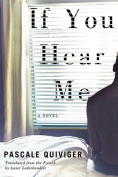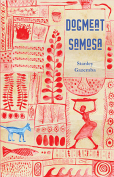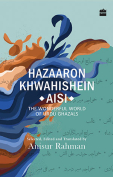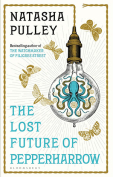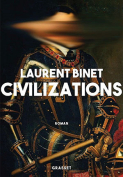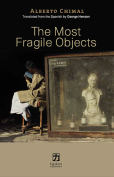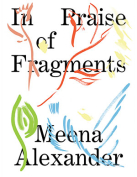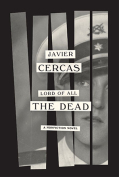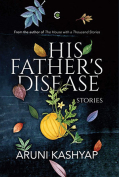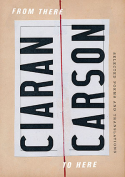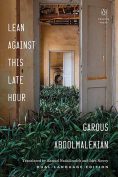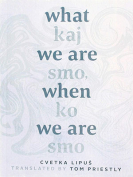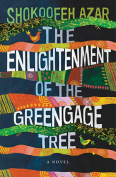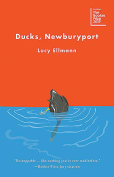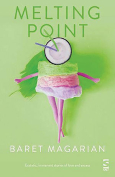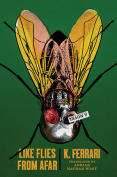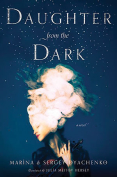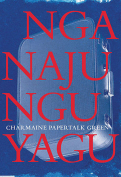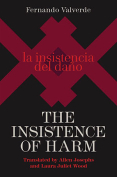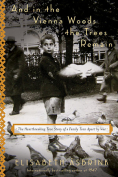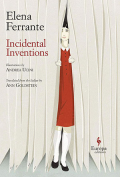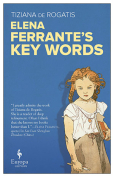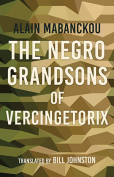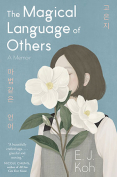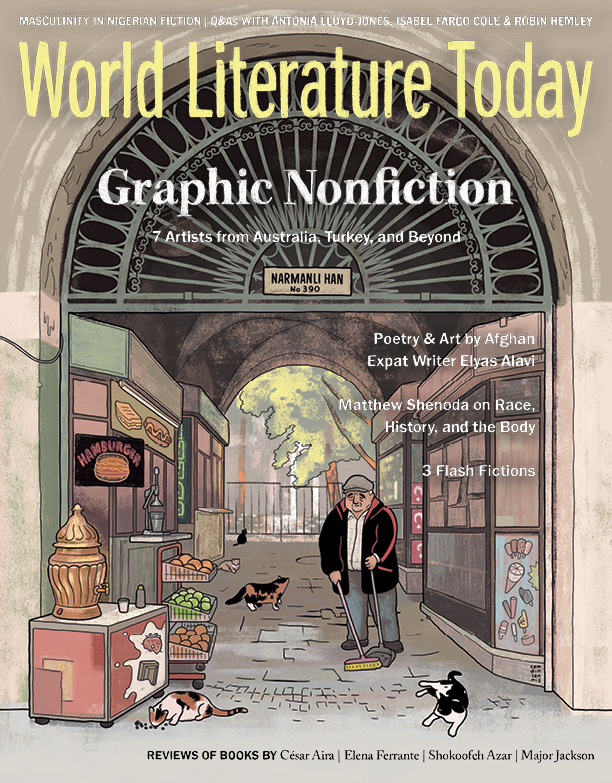Dear Haiti, Love Alaine by Maika Moulite & Maritza Moulite
 Toronto. Inkyard Press. 2019. 422 pages.
Toronto. Inkyard Press. 2019. 422 pages.
In their debut novel, Dear Haiti, Love Alaine, co-authors Maika and Maritza Moulite craft a mosaic of modern-day Haiti that simultaneously exploits and undercuts stereotypes. Like Alaine Beauparlant, the eponymous teen protagonist they create, the Moulite sisters explore the complexities of Haitian heritage from the cross-border context of Miami, Florida, and the island. Their innovative take on the epistolary novel elaborates plot and characterizations by means of a multimedia miscellany, including emails, screenshots, television transcripts, postcards, and school assignments. Reading between these multimedia lines, the reader-as-detective pieces together a compelling portrait of a contemporary adolescent who is coming of age and coming to grips with her family’s mysterious past, her economic privilege, and her shifting perspectives on Haiti’s blend of realities and superstitions.
After a disastrous class presentation on Haitian history and following her mother’s own televised breakdown, Alaine learns she is being shipped off to Haiti (an allusion to a common threat immigrant parents really do invoke, threatening to ship misbehaving children’s prized possessions to the home country). In Haiti, she reunites with her mother and estranged relatives and delves into a hereditary curse that might be at the root of her mother’s breakdown. Along with her aunt, the Haitian minister of tourism and creator of a mobile app for charitable aid, Alaine visits iconic landmarks, learns about important people in Haiti’s history, and discovers her own family’s controversial past following the bloodline of Marie-Louise Coidavid, a nineteenth-century queen of Haiti. She confronts tales of power and war, infidelity, corruption, and a country desperately trying to start afresh from its prismatic past.
This trip not only uproots Alaine from Miami but gives her a dose of reality regarding the difficulties of life in her ancestral country. The authors paint a realistic picture of the grittier sides of Haiti in stark contrast to the glamor of Haiti’s elite. Driven to decipher her family curse, Alaine pores over diaries tucked away by her mother at a similar age and discovers that there is more to this curse than rumors. Vodou, in this novel, is not sensationalized but nuanced; it is mysterious but accessible. Although she doubts its potency, Alaine dabbles in vodou in an attempt to reverse the curse that colors her family’s intrigues.
How can fiction best capture the complex facets of a cross-cultural American adolescence? Dear Haiti, Love Alaine does so through alternating languages, fusing a patchwork of multimedia and international settings. Its sheer range of voices and contexts can make the pacing and tone seem uneven at times, yet this reflects the hybrid experience that today’s young-adult readers will readily recognize.
Matha Mathieu
University of Central Florida

